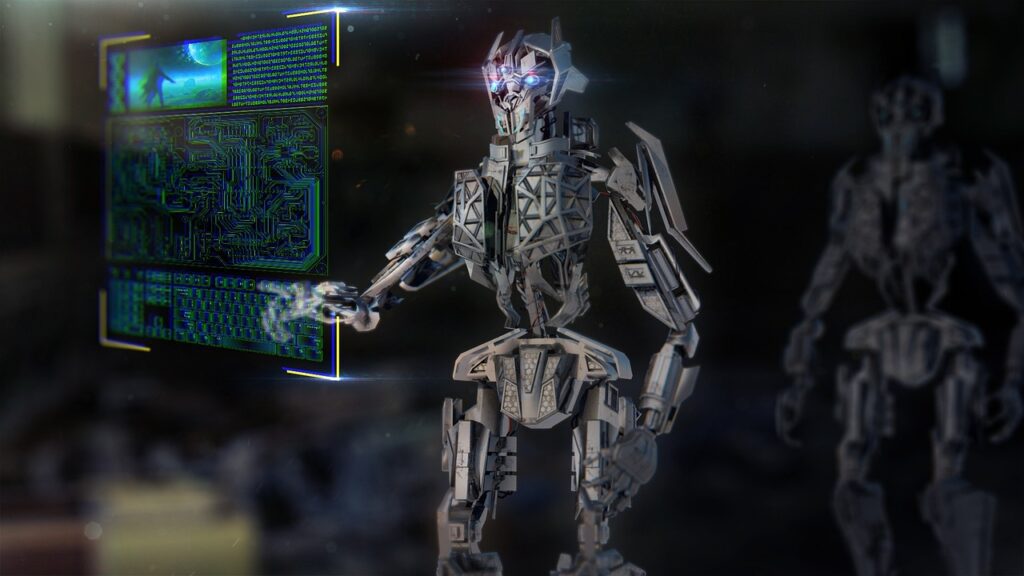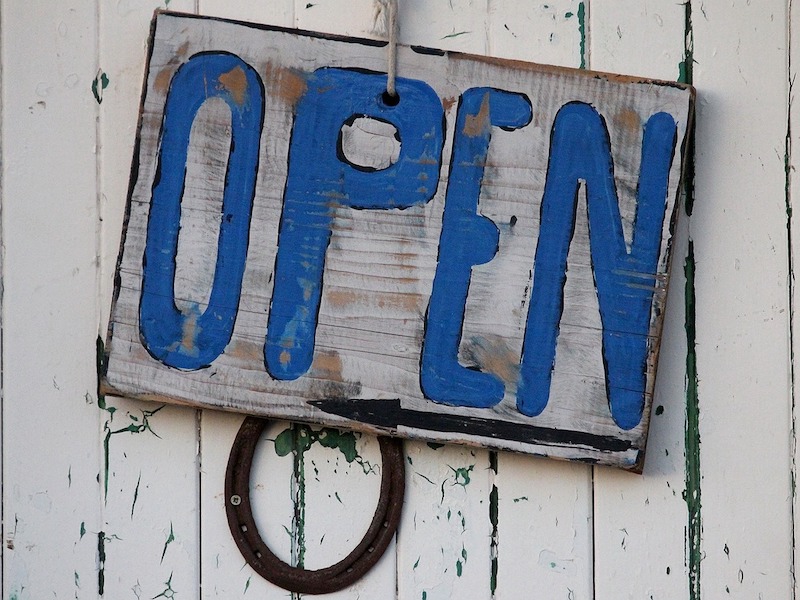
Additionally, I found the communication from Tom serendipitous, as I feel there is a natural bridge between open education and the concept of the digital curator that has featured strongly in my recent posts. One of the significant challenges that open education faces is for it not simply to turn into a proliferation independent content initiatives that results in a lot of interesting but highly disjointed and disorganized bits. Effective curatorial approaches are essential to leveraging the value of open educational content.
To a large extent, the role of digital curators is tied to the existence of a viable and sustainable digital commons, a “place” where it is possible for anyone to contribute content and benefit from the content of others. The opportunities and challenges of this commons are the focus of the most recent three postings on Open Education, beginning with The Digital Commons – Left Unregulated, Are We Destined for Tragedy?
Readers with a bit of background in economics or other social sciences may recognize the reference to Garrett Hardin’s classic essay “The Tragedy of the Commons” in this title. For those not familiar with the essay (one I would recommend as foundational reading for developing an understanding of “commons” issues in general, and our current environmental challenges in particular), the gist of it is that when a finite public resource is exposed to unregulated public demand, the resource is bound to be destroyed. There is, as Hardin puts it, no “technical” solution to this sort of problem. It can only be solved by what he calls “mutual coercion mutually agreed upon”—in plain English, the sort of regulation represented by the American tax system, which we all grumble about at times and yet all recognize (well, most of us) as better than a voluntary system based on the conscience of individual tax payers.
The Open Education post juxtaposes Hardin’s original essay with a more recent article, also titled The Tragedy of the Commons, by Nobel prize-winning economist Daniel McFadden. McFadden, writing in 2001, argues that
The problem with digital information is the mirror image of the original grazing commons: Information is costly to generate and organize, but its value to individual consumers is too dispersed and small to establish an effective market. The information that is provided is inadequately catalogued and organized. Furthermore, the Internet tends to fill with low-value information: The products that have high commercial value are marketed through revenue-producing channels, and the Internet becomes inundated with products that cannot command these values. Self-published books and music are cases in point.
These comments, and parts of the rest of the article seem almost quaint in the aftermath of the rise of Web 2.0, the long tail, and Google, and what seems to be the imminent demise of the recording industry as we have historically known it. Still, the threat that McFadden points to—that ultimately commercial interests will gain the upper hand in management of the digital commons—has hardly been eradicated.
Open Education’s viewpoint, with much reference to Lawrence Lessig, is that the digital world simply does not mirror the physical world where Hardin’s thinking applies and that the “mutual coercion mutually agreed upon” solution that McFadden seems to feel is inevitable, is in fact unnecessary and highly undesirable. The implication is that there is, in fact, a technical solution.
It is easy to agree in spirit, but as one of the comments on the posting suggests, even given that the Internet represents a virtual and seemingly infinite space, it is still constrained by the physical hardware needed to create and sustain it, and perhaps more importantly, the energy needed to run that hardware. That, and the current need for physical cabling or satellites to transmit data bring the Internet very much back into the world of finite resources. Whether there is a technical solution to these issues remains to be seen. In the meantime, the large telecommunications providers and others with vested commercial interests, will certainly keep pushing hard to assert more control over the commons represented by the Internet.
Readers, content contributors, and would-be digital curators across the Web certainly have their own vested interest, whether they are conscious of it or not, in understanding the digital commons and the potential threats to it. The Open Education series is one good place to start learning more about the issues involved. I look forward to seeing how this new blog evolves.
JTC




